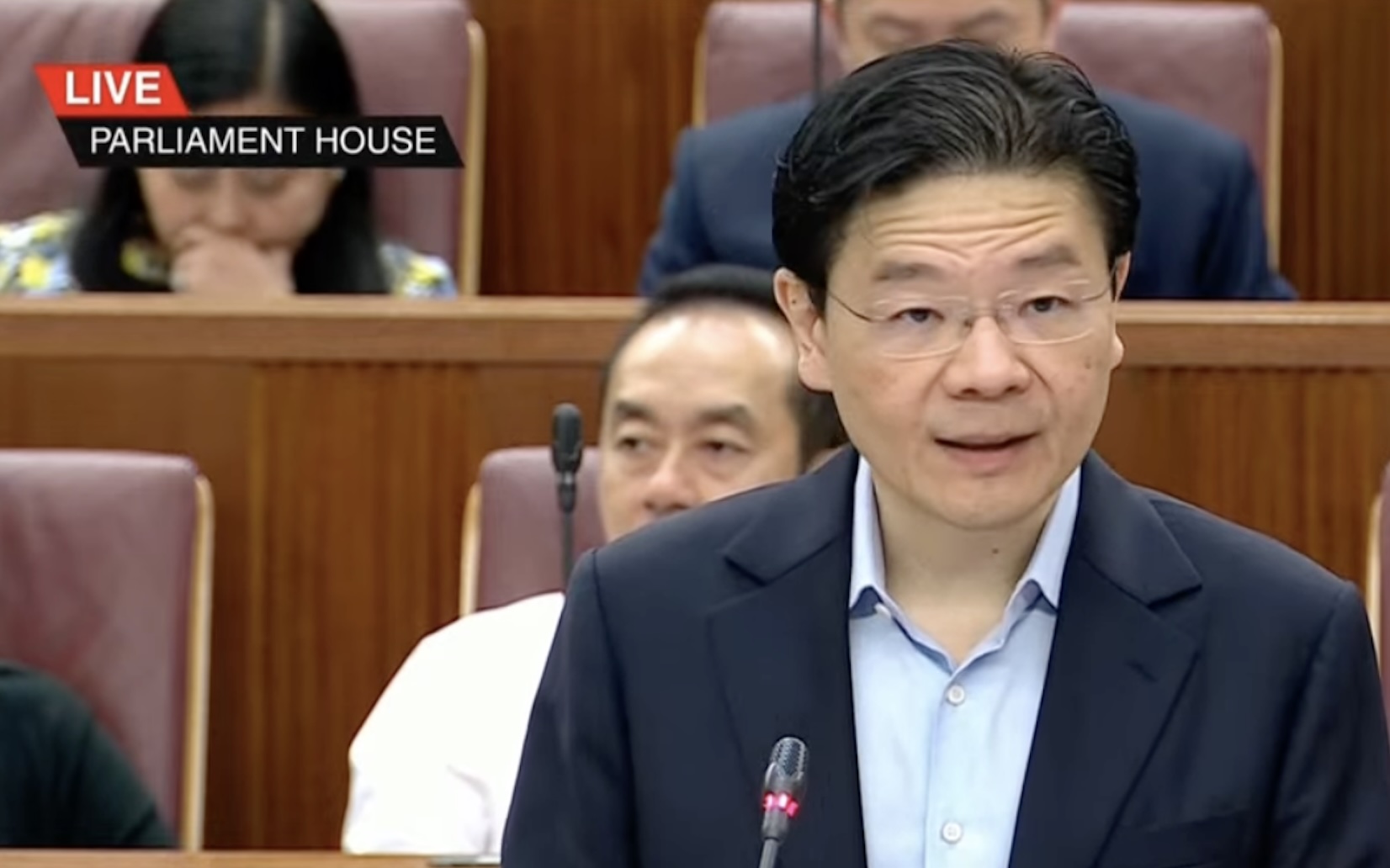SINGAPORE: Sound and healthy public finances are a “critical enabler” for Singapore’s continued success, said Prime Minister Lawrence Wong towards the end of his Budger statement on Tuesday (Feb 18).
Public finances can be healthy when a balanced budget is kept over each term of government through prudent spending to meet Singapore’s immediate and future needs, “ensuring that our revenues cover expenditures, and keeping the tax burden as low as we can, while not burdening Singaporeans with debt”, he added.
PM Wong said the Government’s revenue collections for last year were better than expected, in large part due to the “upside” in Singapore’s corporate income tax. While collections had been stable before at around 3.2 per cent of the gross domestic product, in the past two years, collections saw a significant increase and are expected to reach 4.1 per cent of the GDP for Fiscal Year 2024.
At present, corporate income tax has become the single largest contributor to total revenue and is even larger than the Net Investment Returns Contribution (or NIRC).
“Overall, I expect to end FY2024 with a surplus of $6.4 billion, or 0.9 per cent of GDP. For FY2025, I expect a similar fiscal position, with a surplus of $6.8 billion, or 0.9 per cent of GDP,” said Mr Wong, who is also Singapore’s Finance Minister.
As revenues have increased, so has spending on Singaporeans. For example, the Government spent $3 billion on MediSave top-ups in December 2024 to cushion increases in MediShield Life premiums to fund better coverage and higher payouts.
The Prime Minister also highlighted that the Government has earmarked resources for projects aimed at boosting economic competitiveness, including the development of key infrastructure like Changi Terminal 5.
However, he cautioned that it is too early to say whether the increase in corporate income tax collections would be merely a temporary phase or a lasting trend. H4 noted that uncertainty concerning the global tax environment has grown, especially with the new US administration withdrawing from the earlier consensus established by the OECD and other countries.
At the same time, Government spending, which has steadily risen from around 15 to around 18 per cent of the GDP, is sure to increase, said Mr Wong. Based on historical trends, Singapore may expect spending to go up to 20 per cent of the GDP by around 2030, he added.
“With growing global uncertainties and the need to invest more in our workers and better support our rapidly ageing population, there will be added pressure to raise spending – possibly at a pace that exceeds previous increases,” he said. /TISG
Read also: Budget 2025: What’s in it for senior citizens and older workers in Singapore

